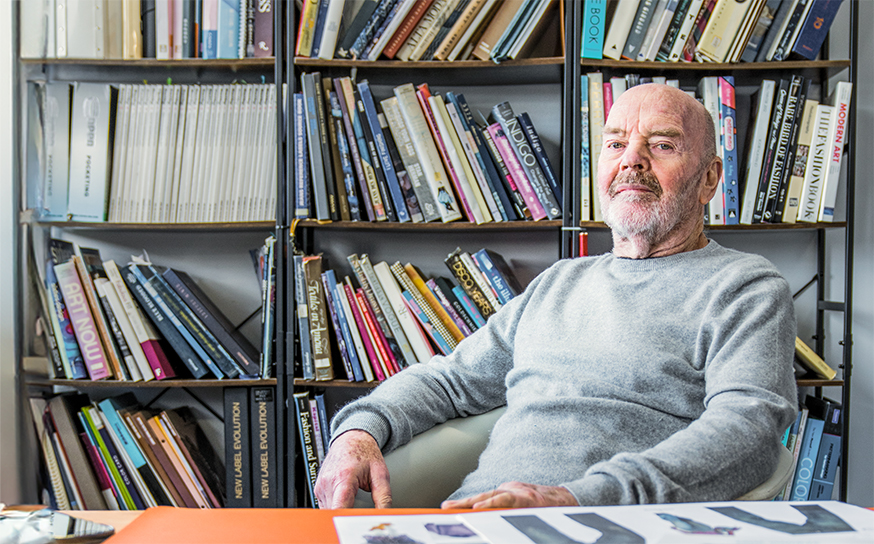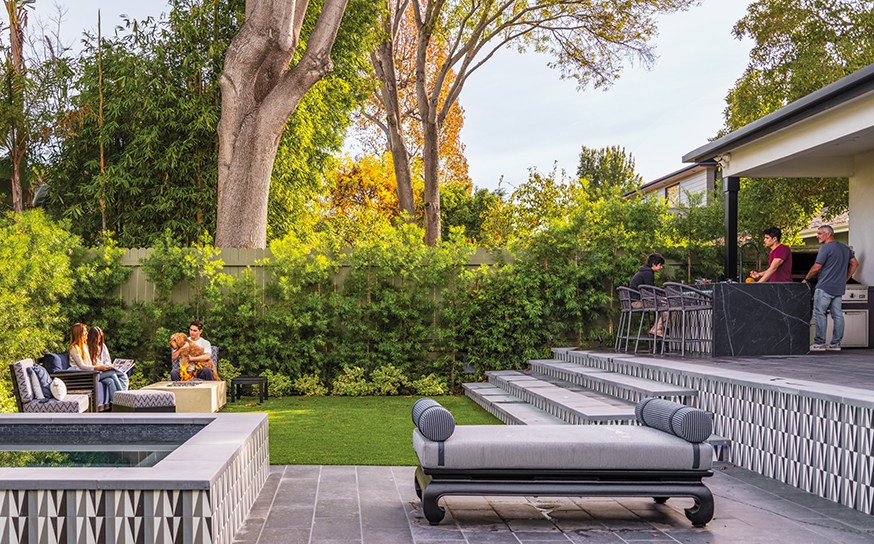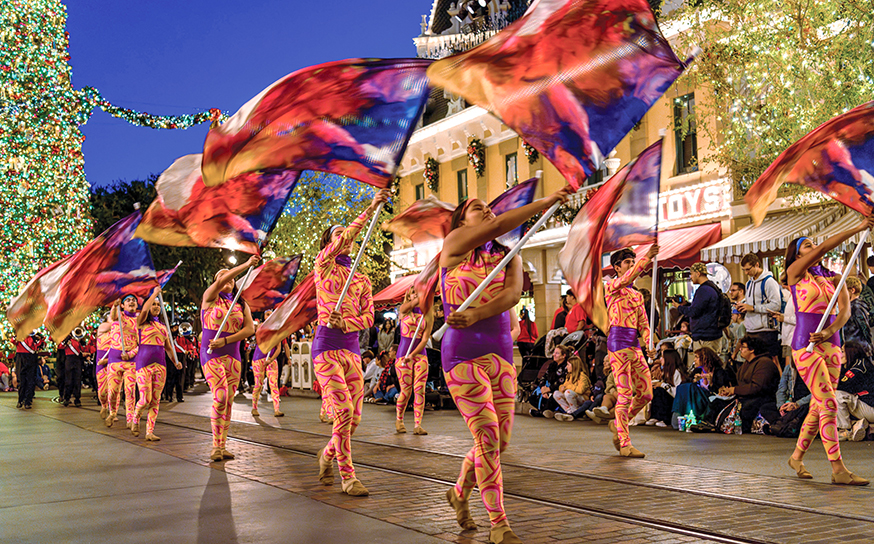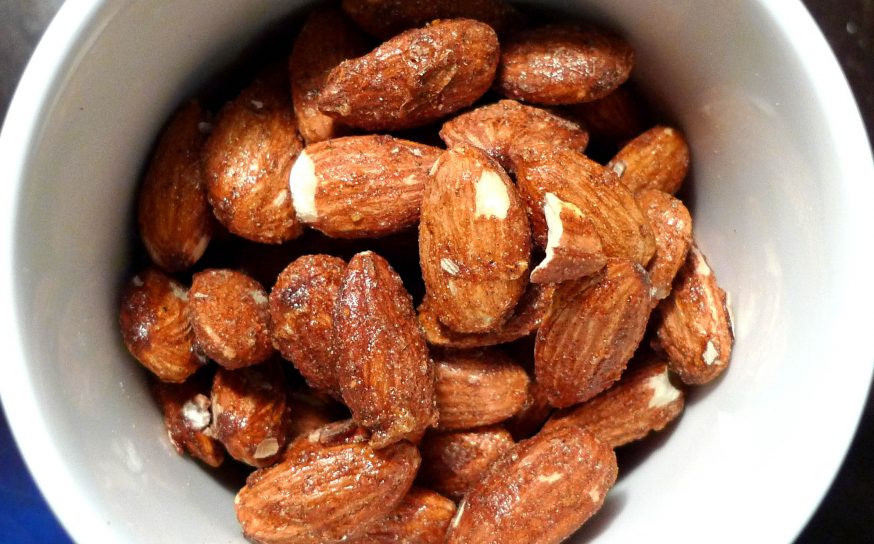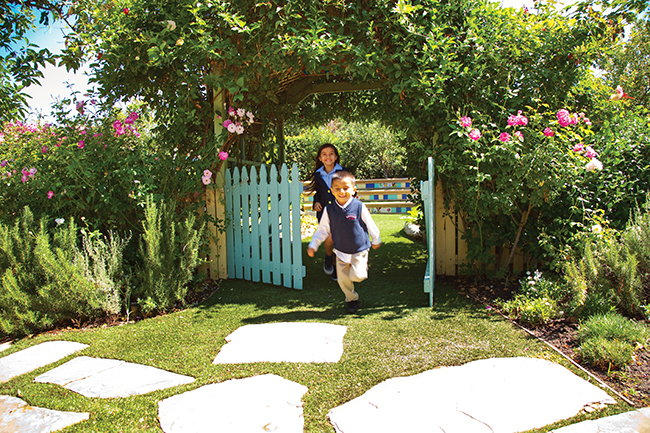
Kinder Garden
Several Valley schools are taking a Michelle Obama approach to teaching kids about the benefits of fresh produce—with bountiful results.
-
CategoryPeople
-
Written byPauline Adamek
 Behind a wall on busy Victory Boulevard, in the midst of a strip mall-filled corridor, lies something you wouldn’t expect: a secret garden. It spans across the four-acre campus of a primary school with not just delightful climbing vines and colorful annuals but well-tended edible gardens. Having recently celebrated their 60th anniversary, Laurence School (kindergarten through sixth grade) not only teaches math and English—they’re also teaching kids how to be environmental stewards.
Behind a wall on busy Victory Boulevard, in the midst of a strip mall-filled corridor, lies something you wouldn’t expect: a secret garden. It spans across the four-acre campus of a primary school with not just delightful climbing vines and colorful annuals but well-tended edible gardens. Having recently celebrated their 60th anniversary, Laurence School (kindergarten through sixth grade) not only teaches math and English—they’re also teaching kids how to be environmental stewards.
Explains Laurie Wolke, head of school, “We started the edible garden about 10 years ago as part of our sustainability academic program. From garden to table, from farm to fork … children in an urban environment really need to understand how important it is to protect our world, as well as how everything that we eat is our sustenance.”
Adds principal Gary Stern, “The children participate in Planting Day in the fall. They all plant something specific, and then they nurture and harvest it throughout the year. They get excited even about a piece of broccoli.”
The private school also hosts a farmers market in the spring, selling homemade items such as picture frames, paper and lavender potpourri.

“Some of the proceeds from the sale go back into the next garden planting, to sustain the cycle of life idea, and some money goes to an environmental charity,” says the principal. Their sister school in Liberia was the lucky recipient this past year.
At Highland Hall Waldorf School in Northridge (kindergarten through 12th grade), visitors will discover another green oasis. Leslie Beers, a parent and co-owner of A State of Mind home and garden shop, heads up The Garden Gnome Society at the school, along with Nitza Bernard, a biodynamic gardener and landscape designer. Supported by donors and volunteers, the society funds various landscaping and farm projects.

Farming is emphasized here beginning in third grade. Every classroom has a compost bin for lunchtime food scraps. Students tend the vegetable plants. A newly planted orchard currently has 30 fruit trees.
Nestled along a gentle slope, the ever-expanding biodynamic farm boasts 24 raised garden beds, each filled with a rotating selection of seasonal crops. A chicken coop was recently installed. Tobacco hornworms that attack tomatoes are gathered by the children. “They feed them to the chickens,” Nitza remarks.

Harvested food is sold at the school. Observes Nitza, “The children definitely feel responsible, that they’re stewards of their school. It gives them confidence.”
With a student body of around 120, Westland School (kindergarten through sixth grade) has perhaps the perfect setting—perched on two acres on Mulholland. Progressive and independent, the educational style of Westland is experiential— learning by doing. The school’s garden is a fundamental component.


Parent Lauri Gladstein teaches gardening here and also runs Edible Gardens LA. “I’m passionate about teaching children about gardening. It’s vital for all of us, if we can, to grow our own food—even if you only have an apartment balcony or a front stoop,” she notes.
Students are placed in groups with mixed ages. Each group is responsible for a section. “In summer, it’s cucumbers, tomatoes, beans and squash, but in the fall it will be broccoli, kale and leafy greens,” shares Lauri.
The children tend the garden from seed to harvest to table, even cooking feasts. Farmers markets, featuring homegrown produce and home-cooked preserves and pickles, are also held every couple months. Children learn math and communication skills and also raise funds for the next planting.
“It’s a source of great pride,” smiles Lauri. Worm farms, compost and chicken coops round out this sustainable education for enthusiastic little ones.
Architect May Sung Comes to The Rescue on a Studio City Reno Gone Wild
In the right hands…finally!





